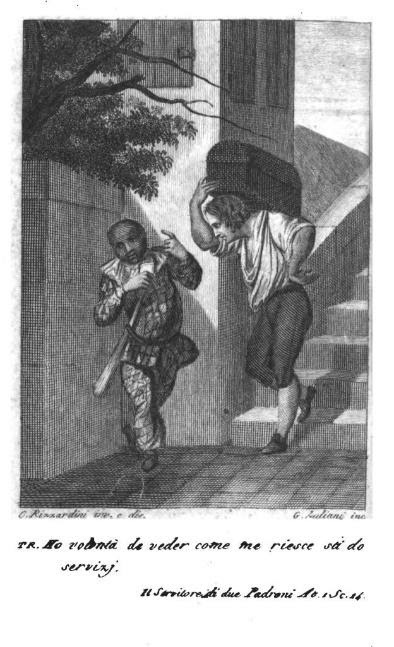Pragmatism overrides ethics? Editing for clients in Dutch academia
by Paul Anderson
How does academic editing in the Netherlands differ, compared to Australia?
Should academic editors in non-anglophone countries actively encourage authors who are non-native speakers of English to acknowledge language assistance in texts?
Dr Joy Burrough-Boenisch provided her views on these and other related questions as guest presenter at an online speaker meeting hosted by EdNSW on 1 June 2021. Joy is a freelance academic editor and a Dutch-British dual national. She is a founding member and past Chair of the Society for English-language Professionals (SENSE), based in The Netherlands.
The Netherlands and English-language use at Dutch universities
The Dutch ‘are competent in English by certain standards’ and confident ‘of their ability in conversational English’. English is widely used in the Netherlands; arguably, it ‘has a unique character’: linguistically, it is ‘not quite English’, i.e. that of a native speaker of English.
The Netherlands is a relatively small country with ‘a big academic reputation’. It is highly ranked in terms of the number of papers published in top biomedical journals — comparable to Australia.
Dutch universities had 307,000 students in 2019. One in five were non-Dutch — from Germany, Italy, China and other countries of origin — a diverse, multinational cohort of students and staff, so a lot of non-native speakers of English.
Increasingly, English is the first language used and expected of students at Dutch universities. At Maastricht University, most of its programs are taught in English. Twente University was the first in the Netherlands to make English the official working language (in 2020), hence the demand from students for academic editing services.
All Dutch universities have language centres that offer translation and editing services, and external providers such as Scribbr offer dissertation editing services.
SENSE has Guidelines for Proofreading Student Texts; however, as stated on their website, ‘they do not cover assignments to edit papers that are to be submitted to a scientific or academic journal, nor are such papers included in a compilation doctoral thesis’.
PhD theses in the Netherlands: ‘very different to anglophone countries’
The PhD program at a Dutch university always concludes with writing a thesis, which is made public. The thesis is typically a compilation of papers previously published, not a single-author, monograph-style thesis.
‘Students have to produce published papers [in international journals] to get their PhD,’ Joy said.
Joy presented example pages (imprint, contents, list of publications) of this type of thesis. Papers may be co-authored with the student’s supervisor, teaching the student how to write and how to publish articles. The supervisor is also responsible for monitoring the use of language in the thesis manuscript, effectively acting as an editor — although they may not be a native speaker of English. Once the thesis is complete, the supervisor determines whether it is ready for submission and defence. A committee of professors is appointed to read and approve the thesis and to question the candidate during a 45-minute oral defence.
Should freelance editors find out whether a paper to be edited is destined for a thesis and, if it is, adapt accordingly and ethically to edit it ‘very minimally’? This question is fraught because, according to Joy, ‘you should obviously try to do your best to get research out there’. And there is a counter-opinion premised on avoiding bias against junior researchers.
Do research editors seek acknowledgement
Joy presented the results of an online study of editors that she initiated in 2018 within her networks of language professionals (131 respondents, 16 countries). It found for the study group that seeking acknowledgement was not a priority and some editors were concerned about the potential for reputational damage.
- Only 14.5 per cent of respondents always actively encouraged authors to acknowledge language assistance.
- The two main reasons for seeking acknowledgement were ethics and self-publicity.
- The two most frequent reasons for not seeking acknowledgement were never having considered it; and the expectation that authors would introduce errors in the text before publication (post-editing).
Joy believes the PhD paper process should be more open: ‘ethically there should be transparency, acknowledgement of language assistance’.
Whom does the language professional serve?
In Joy’s view, the editor is the servant of two masters: the ethics of editing and the author.
A recording of the presentation will be available to purchase via the IPEd events page (or free if you paid to attend).

The Servant of Two Masters
[Photo credit: Wikiwand]
